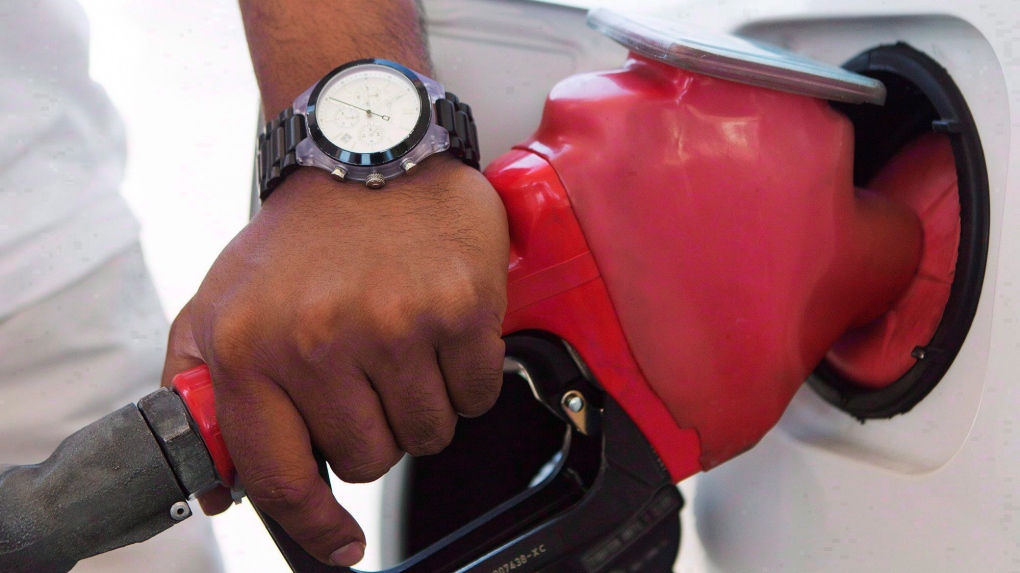
Climate policies and fossil fuel: Clean fuel regulations and carbon pricing explained
CTV
On Saturday, the federal government's long-promised clean fuel regulations will take effect across Canada. Here are five things to know about what they are, how they will affect you and why they are different from the carbon price.
On Saturday, the federal government's long-promised clean fuel regulations will take effect across Canada. Here are five things to know about what they are, how they will affect you and why they are different from the carbon price.
First promised in 2016, but not completed until last year, the clean fuel regulations are designed to reduce emissions from every stage of producing, processing, transporting and using gasoline and diesel.
It is also meant to drive investment in biofuels and electric-vehicle charging infrastructure.
The regulations are being phased in over seven years. The goal is that by 2030, the emissions produced from each fuel will fall by about 15 per cent compared with 2016 levels.
The impact analysis of the regulations said they could result in a reduction of 26.6 million tonnes of greenhouse gases in 2030, or about what is produced from six million passenger vehicles over a year.
That accounts for 10 to 12 per cent of emissions needed to hit Canada's current climate target for 2030.
The regulations are similar to what the states of California, Oregon and Washington, as well as the European Union, already have in place.
